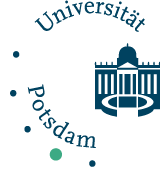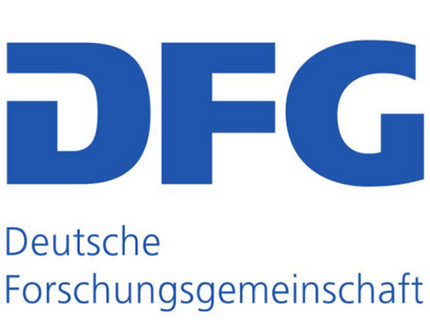Background:
In the first phase of the research group, we observed that the expert authority of international administrative staffs (IPAs) varies across IPAs, across policy fields, and across states. Given that existing research considers the expert authority of IPAs as an important source of their independent influence, we expect that the observed inter-state differences in the attribution of expert authority will also be reflected in the impact of IPAs in national policy processes.
Main research question:
Against this backdrop and in light of existing research gaps, in the second phase we examine the extent to which, under what conditions, and how IPAs' expert authority is reflected on decisions in states to voluntarily follow IPAs' policy recommendations by adopting policies, establishing administrative structures, or founding institutions.
When such decisions are made, they are best captured as successful and voluntary policy transfers. Policy transfer is understood here as a process in which knowledge about policies, administrative structures, or institutions in one organization is used by another organization in developing its own policies, administrative structures, or institutions.Our research design is comparative and x-centered. We combine quantitative and qualitative methods in Organization for Economic Development and Cooperation (OECD) and World Bank comparative analysis, such as statistical analysis, cross-case comparisons, and process analysis. We adopt concepts from the first phase and also use much of the data and results obtained. The first of three sequential steps of analysis measures the extent to which intergovernmental differences in the attribution of expert authority to IPAs affect access to national decision makers. Such access may be a first step in the causal process of successful policy transfer. In the second step of analysis, we examine the extent and conditions under which expert authority from IPAs leads to successful policy transfers. In the third step of analysis, we use case studies in four states to explore the causal mechanisms underlying successful policy transfers by IPAs.
Research objective:
Overall, the project contributes to the research community by focusing on the impact of expert authority on national policy formulation and policy transfers.

